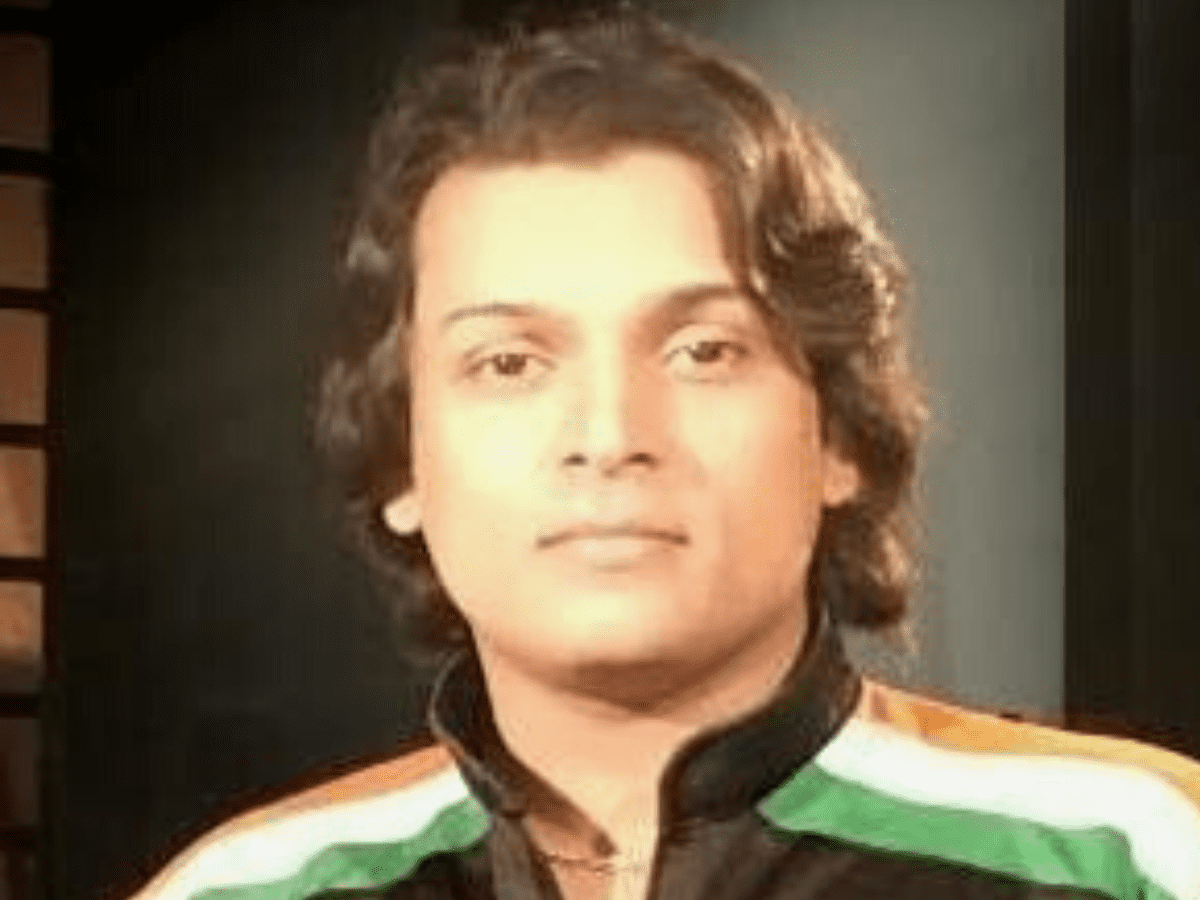
Thiruvananthapuram: Terming the institution of marriage as a “Sacramental union” social activist Rahul Easwer on Sunday said that the union government has taken a right stand after it opposed the plea seeking legal recogniton of same-sex marriage.
“Everyone agrees there must be any kind of homophobia. At the same time marriage is a sacrosanct institution from many centuries. I appreciate the government for taking it very slowly and with caution,” Easwar said.
“We need much more deliberations. Everyone agrees there should not be any kind of discrimination. There should not be any kind of phobia at the same point of time even living together,” he added.
Centre, in its affidavit, has opposed the plea seeking legal recognition of same-sex marriage, saying that living together as partners by same-sex individuals, which is decriminalised now, is not comparable with the Indian family unit and they are clearly distinct classes which cannot be treated identically.
The Centre has filed the affidavit countering the demand made by various petitioners seeking legal recognition of same-sex marriage.
In the affidavit, Centre has opposed the plea and said that pleas seeking legal recognition of same-sex ought to be dismissed as there exists no merit in these petitions.
“I think the central Government has taken the right stand,” Rahul Easwer added. “There are still debates going on in scientific communities on this subject”.
Same-sex relationships and heterosexual relationships are clearly distinct classes which cannot be treated identically, the government said as its stand against the petition seeking legal recognition of LGBTQ marriage.
It is for the legislature to judge and enforce such societal morality and public acceptance based upon Indian ethos, the Centre said in its affidavit and added that western decisions sans any basis in Indian constitutional law jurisprudence, cannot be imported in this context.
In the affidavit, Centre apprised the Supreme Court that living together as partners by same sex individuals, which is decriminalised now, is not comparable with the Indian family unit concept of a husband, a wife and children.
Centre submitted that the principles of legitimate state interest as an exception to life and liberty under Article 21 would apply to the present case. Centre submitted that the statutory recognition of marriage as a union between a “man” and a “woman” is intrinsically linked to the recognition of the heterogeneous institution of marriage and the acceptance of the Indian society based upon its own cultural and societal values which are recognized by the competent legislature.
“There is an intelligible differentia (normative basis) which distinguishes those within the classification (heterosexual couples) from those left out (same-sex couples). This classification has a rational relation with the object sought to be achieved (ensuring social stability via recognition of marriages),” the government said.

